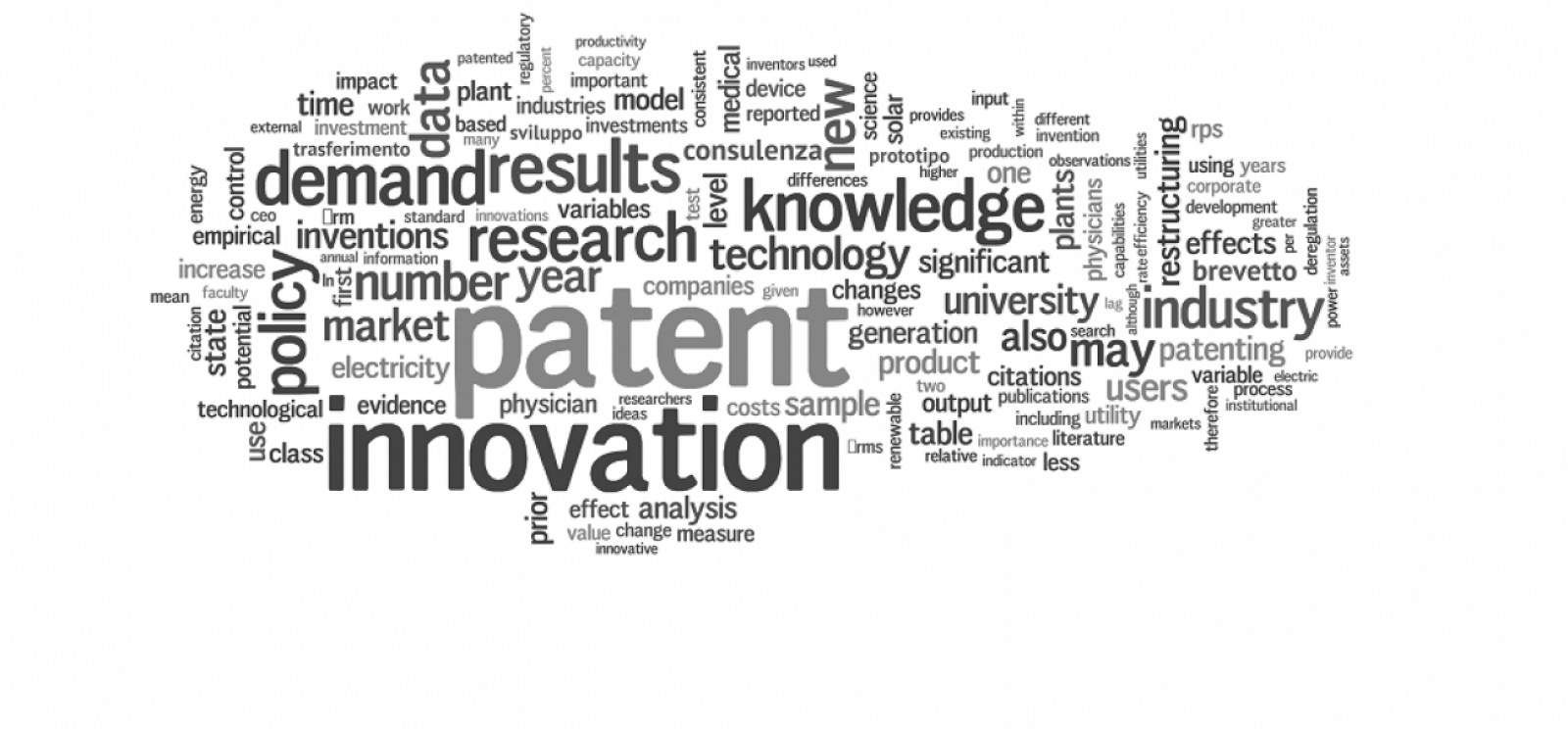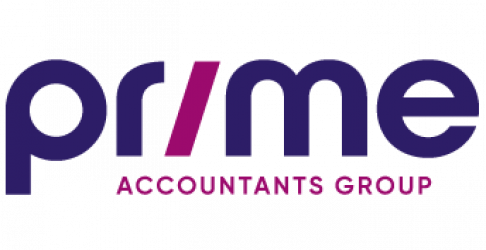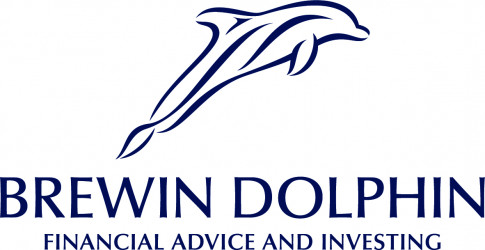Technical translations are really not a job for an in-house bilingual employee. While your colleague may be fluent, and have an understanding of the language your company uses, technical terminology can be a minefield.
Technical translators need to be adept at finding the correct terminology for the target market. Often there can be several terms in use in a particular language, and they will need to know the most appropriate one depending on the document, product, audience and industry sector. Occasionally, there are no equivalent words or phrases in the target language, and so the translator will need to accurately convey the technical meaning of the source text so that it is correctly understood.
At the same time, technical translations need to be clear, concise, and easy to read, so that end users can quickly understand, in their native language, the key information and facts about a product or service.
ItÂs all in the detail. When launching a product in a new market, accurate translations of technical manuals, packaging and marketing materials can really make the difference between whether customers accept the product or not  and also whether they can use it!
Questions to ask potential Technical Translation partners
As with any other service you need to outsource, itÂs important to find the best technical translation partner to help you deliver your product or service overseas.
The following questions will help you select a technical translation partner that can provide you with the necessary expertise, quality and cost savings:
Do you have translators with industry specific knowledge?
ItÂs vital that you work with a language expert who understands your industry and target market
Are your translators native speakers?
No translation project should be undertaken by a non-native speaker. However fluent a bilingual speaker may be, qualified native-speakers deliver the highest quality translations.
What qualifications do you have?
There are a number of translation qualifications to look out for. ISO 9001:2015 and ISO 17100:2015 certifications ensure that a translation provider meets industry-recognised Quality Assurance standards. Expect them also to be members of professional bodies such as the Association of Translation Companies (ATC).
What is your technical translation process?
How a translation provider handles technical translations will give you an insight into their Quality Assurance processes, their capacity to handle large volumes of work, and the processes they use to reduce costs and timescales for their clients.
How can we be sure about the quality of translations?
Expect a translation partner to first collate as much reference material as possible, including any previous translations you may have on file, so they have a clear understanding of your requirements. They should then agree with you a glossary of translated terms, which will be used to ensure accuracy and consistency across your technical translations. Proofreading, in-market reviews and robust QA procedures should all form part of their translation process.
How can we reduce the cost of technical translations?
The translation provider should also understand that companies must drive cost savings and efficiencies from all their projects, including translations. One of the key ways a translation provider can do this is through the use of Translation Memory tools. Essentially this means that when a word or phrase has been translated once it doesnÂt need to be translated again: fewer words to translate results in cost savings. Translation Memory software also ensures consistency across documents and different projects, an essential requirement for technical terminology.
This case study shares some further insight into the technical translation process and how we at Comtec have managed highly technical translations for companies like our client Oleo.
If you would like to discuss your technical translation requirements with one of our project managers, please get in touch. Call +44 (0) 1926 335 681 or email info@comtectranslations.com











